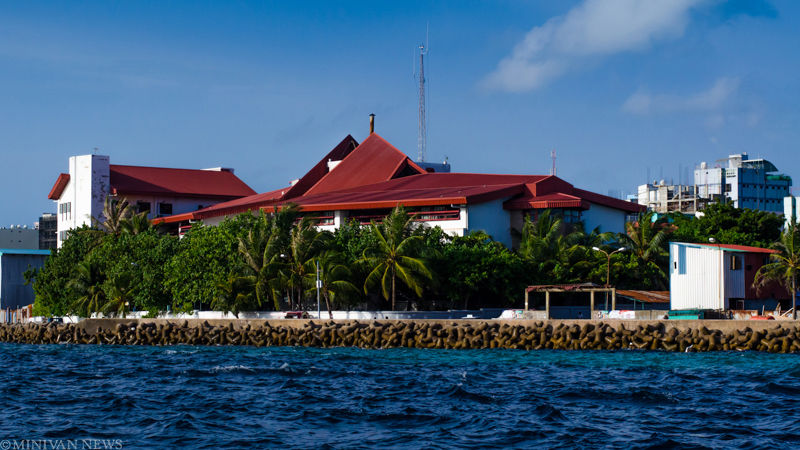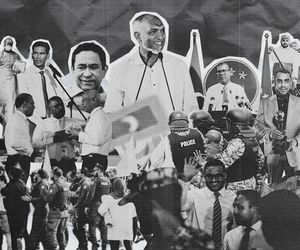Aasandha: Begging for your life
Aasandha is the Maldives’ universal health care system.

15 Jun 2018, 09:00
“Aasandha is not what it was meant to be,” says an exasperated Fathimath Alia*.
With two young children and an aging mother, Alia has had multiple run-ins with Aasandha – the Maldives’ universal health care system.
Aasandha went live at the stroke of midnight on January 1 2012: a public-private partnership established with Allied Insurance to provide healthcare services to any Maldivian with a valid identity card.
The scheme gives Maldivians annual heath coverage of up to MVR100,000 (US$6,394) from health centres, clinics and hospitals in the country, as well as hospital stays in India and Sri Lanka for emergencies and treatments not available locally.
Become a member
Get full access to our archive and personalise your experience.
Already a member?
Discussion
No comments yet. Be the first to share your thoughts!
No comments yet. Be the first to join the conversation!
Join the Conversation
Sign in to share your thoughts under an alias and take part in the discussion. Independent journalism thrives on open, respectful debate — your voice matters.




